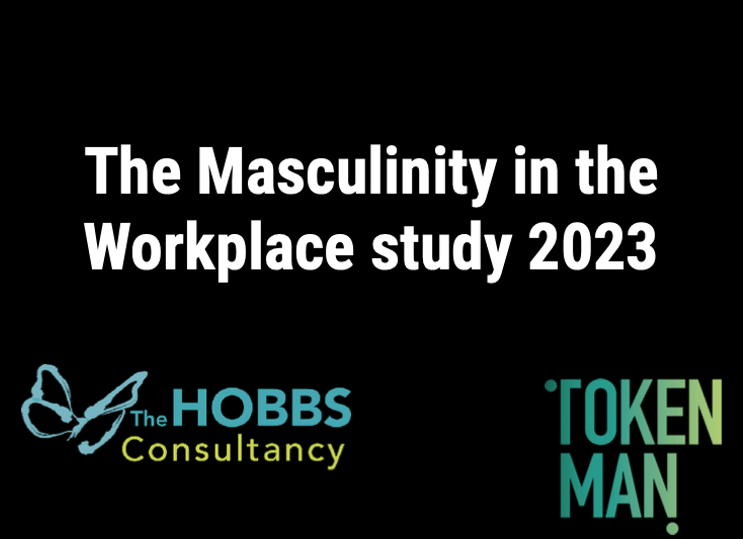Hi all!
We wanted to share with you the results from last year’s Masculinity in the Workplace research. Here are some of the key points...
We have a long way to go with engaging all men in inclusion initiatives
In regards to the proportion of men in organisations engaged with I&D, there are still a smaller number of organisations with over 50% of their men engaged than those with under 50% of their men engaged. This could be a reflection of the fact that nearly 40% of male respondents feel less valued because of diversity initiatives. This echoes a wider statistic showing a large proportion of men feel that progress for women is negatively impacting them.
The gap between how women show up with friends and at work is greater than that for men
While women feel more comfortable sharing their emotions with their friends than men, less of them are comfortable doing the same at work. This means that men are doing less masking of their emotions at work than women. This is positive for men, but the contrast between the genders shows that the way that they experience work is unbalanced.
Vulnerability is still a misunderstood trait in the workplace
Many of the traits that are rewarded and those that should be rewarded are similar between 2022 and 2023. Notably, however, vulnerability is still missing from both ‘most rewarded’ and ‘should be rewarded’, This is despite a significant proportion of survey respondents (55%) saying they believe that vulnerability is courage - an increase on the year before.
We believe that vulnerability is an essential trait of inclusive leaders and we still suspect that men especially find it one of the most difficult to embody.
Parents and parents-to-be struggling to find inclusion
In this latest survey, we asked some questions around parenthood and inclusion. Nearly 50% of parents felt that their work wasn’t doing very well when it comes to inclusion and a huge 73% of those expecting a child felt the same way. In fact, expectant parents have the highest percentage here of all groups here. Furthermore, those expecting a child and parents of children under 18 feel the masculine culture in the workplace far more.
This suggests that there is some work to be done around paternity policies for men in the workplace.
Summary
While there has been little movement year on year of some of the stats, and clearly more work to be done when it comes to encouraging and rewarding vulnerability in men, these insights are really useful when looking forward to what needs to be done to move these dials.
Men need to believe that their allyship to women, and fighting against toxic masculinity in the workplace, is also of benefit to them. Better supporting them in parenthood is one way that this can be shown.
What are you doing to bring men along to the inclusion conversation?
Our Masculinity in the Workplace event will be held on 19th November this year at Conway Hall in London (and online) and we're looking for partners who will help shape the theme over the next few months.
We'd love you to be part of the event with us - for more information about how you can get involved, drop us an email.
See the full report here.
Until next time!
Team THC x
